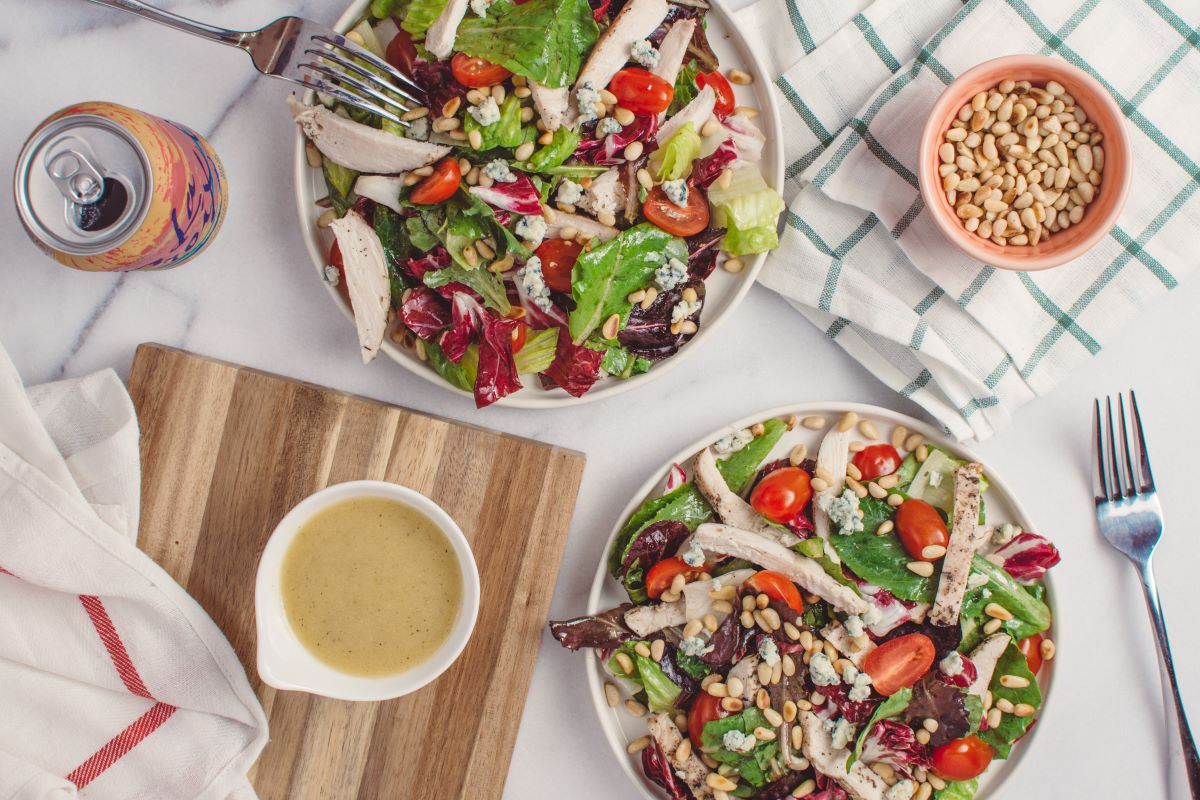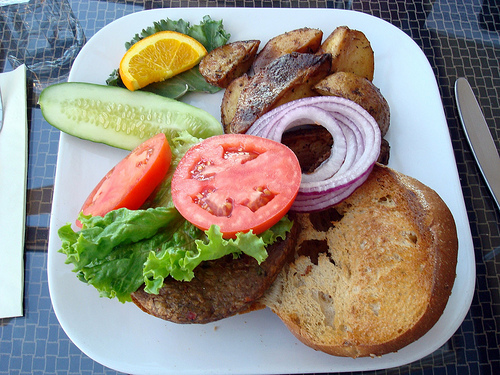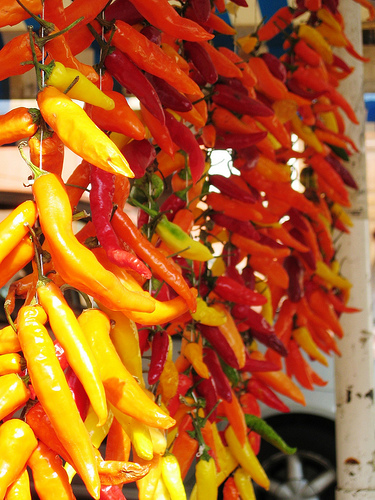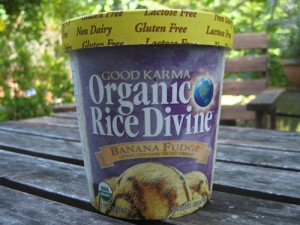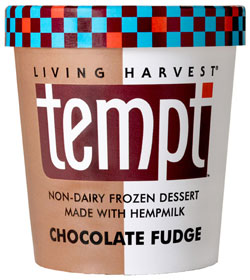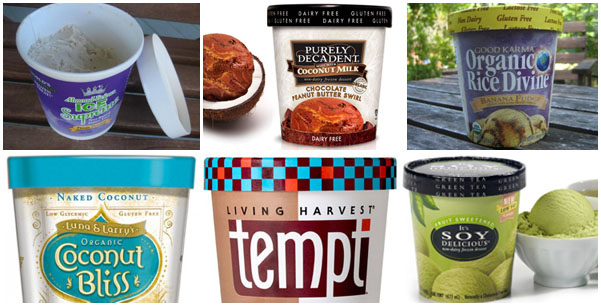Table of Contents
Dietary preferences are at the forefront of public health discussions, and vegan and keto diets rank among the most popular diets. While both have traction based on their health benefits and weight loss potential, these eating plans have fundamentally different food strategies.
This article guides people toward a better understanding of the distinction between vegan vs. keto diets and explores the feasibility of combining a plant-based diet and a low-carb diet.
Quick Answers:
Important questions often arise when discussing vegan and keto diets.
Are vegan and keto diets the same?
No, vegan and keto diets aren’t the same. The vegan diet emphasizes plant-based foods, eliminating all animal products, specifically meat and dairy products. The ketogenic diet focuses on high-fat, low-carbohydrate foods and can include animal-based sources of fat and protein.
If something is vegan, does that mean it’s also keto?
No, if something is vegan, it’s not necessarily keto. Many vegan foods, including whole grains and legumes, are high in carbohydrates, rendering them incompatible with a low-carb keto diet.
If something is keto, does that mean it’s also vegan?
No, if something is keto, it’s not necessarily vegan. The ketogenic diet can include animal products like meat and dairy, which are off-limits in a vegan diet.
Overlap of Vegan and Keto Diets
While vegan and keto diets seem like opposites, they overlap in intriguing areas. Understanding these commonalities can enlighten those trying to navigate the best diet for their needs and ethical considerations.
Diet & Health Overlap
Veganism and keto diets have shown promise in weight loss and specific health benefits. For instance, both diets can improve blood glucose levels, a crucial factor for diabetics.
Vegan diets benefit cardiovascular health and lower high blood pressure. Keto diets or any low-carbohydrate diet may reduce blood glucose levels and aid in weight loss. Research and studies support these findings, but individuals should consult healthcare professionals for personalized medical advice.
Environmental Overlap
Environmental speaking, these diets strive toward sustainability, unlike processed foods and industrial meat consumption.
Veganism eliminates the dependency on animal farming, contributing to greenhouse gas emission reduction. Keto dieters should focus on high-quality, organic animal products, which, although still impactful, can be less damaging to the environment than large-scale, factory-farmed animal products.
Also, focusing on whole foods in both diets means less reliance on processed foods, which can leave a large carbon footprint from their manufacturing processes.
Ethical Overlap
Ethically, both diets improve our individual and collective well-being, albeit from different perspectives. Veganism is primarily rooted in the ethical treatment of animals and seeks to eliminate animal suffering.
Traditionally, keto diets include animal products. The emphasis is usually on quality from organic and ethically-raised animal products. Though they don’t completely align, each diet’s ethical backbone improves the standard food production practices.
By examining the similarities between these popular diets, common ground in their potential health benefits, environmental impact, and ethical considerations bind them as better choices. Understanding the differences and similarities makes it easier to form better choices that align with better health needs and support ethical beliefs.
Foods That Are Both Vegan and Keto
Navigating the intersection of vegan and keto diets seems challenging, but essential foods easily fit into both plans. These foods offer the dual advantage of adhering to keto’s low-carb, high-fat ethos and the plant-based philosophy of veganism.
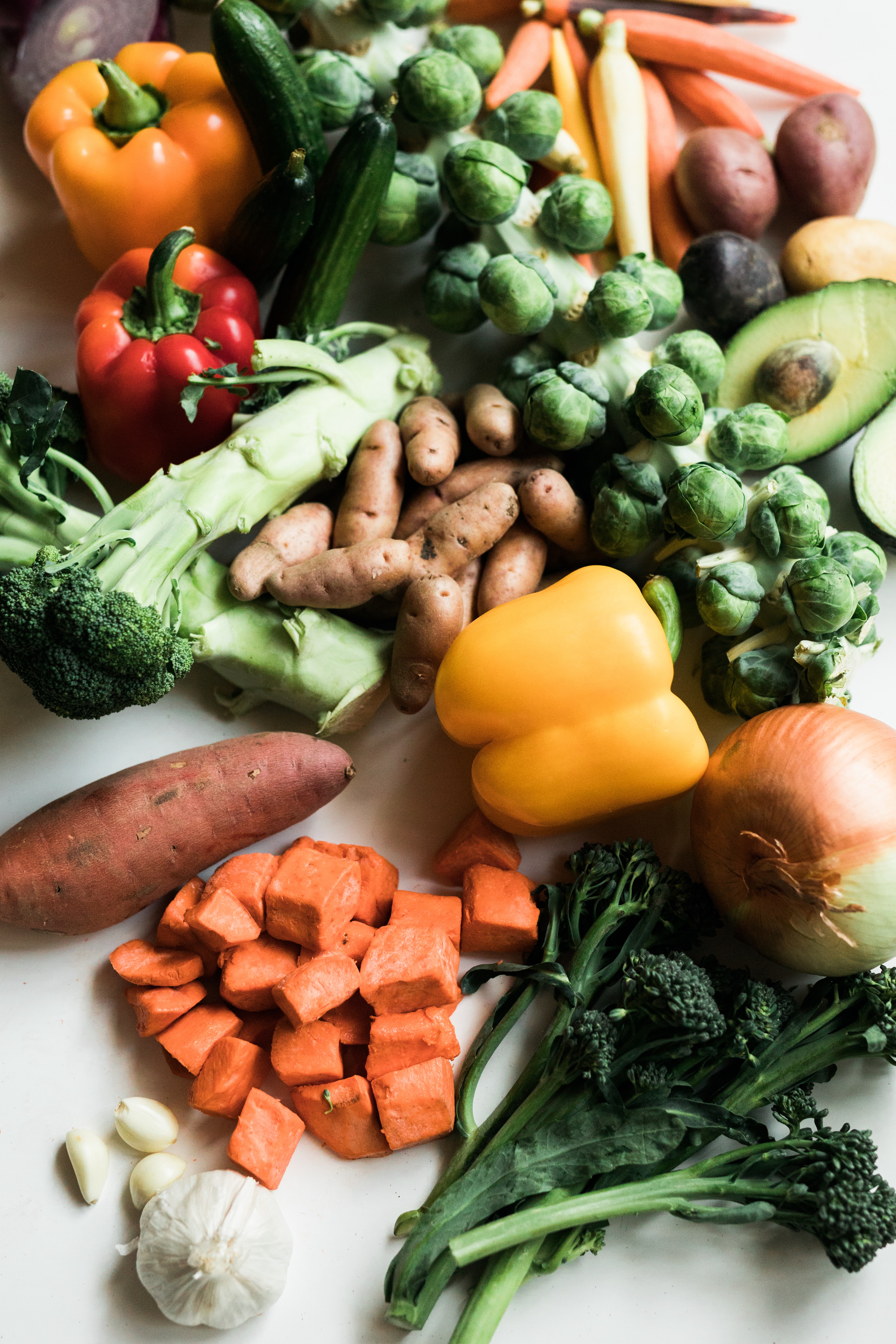
Vegetables
Vegetables are a cornerstone of both vegan and keto diets. They’re rich in essential nutrients, dietary fiber, and vitamins; most are low in carbohydrates. These qualities make vegetables perfect for those looking to achieve or maintain ketosis.
Vegan and keto-friendly vegetables include leafy greens like spinach and kale and other vegetables like cauliflower, zucchini, and bell peppers.
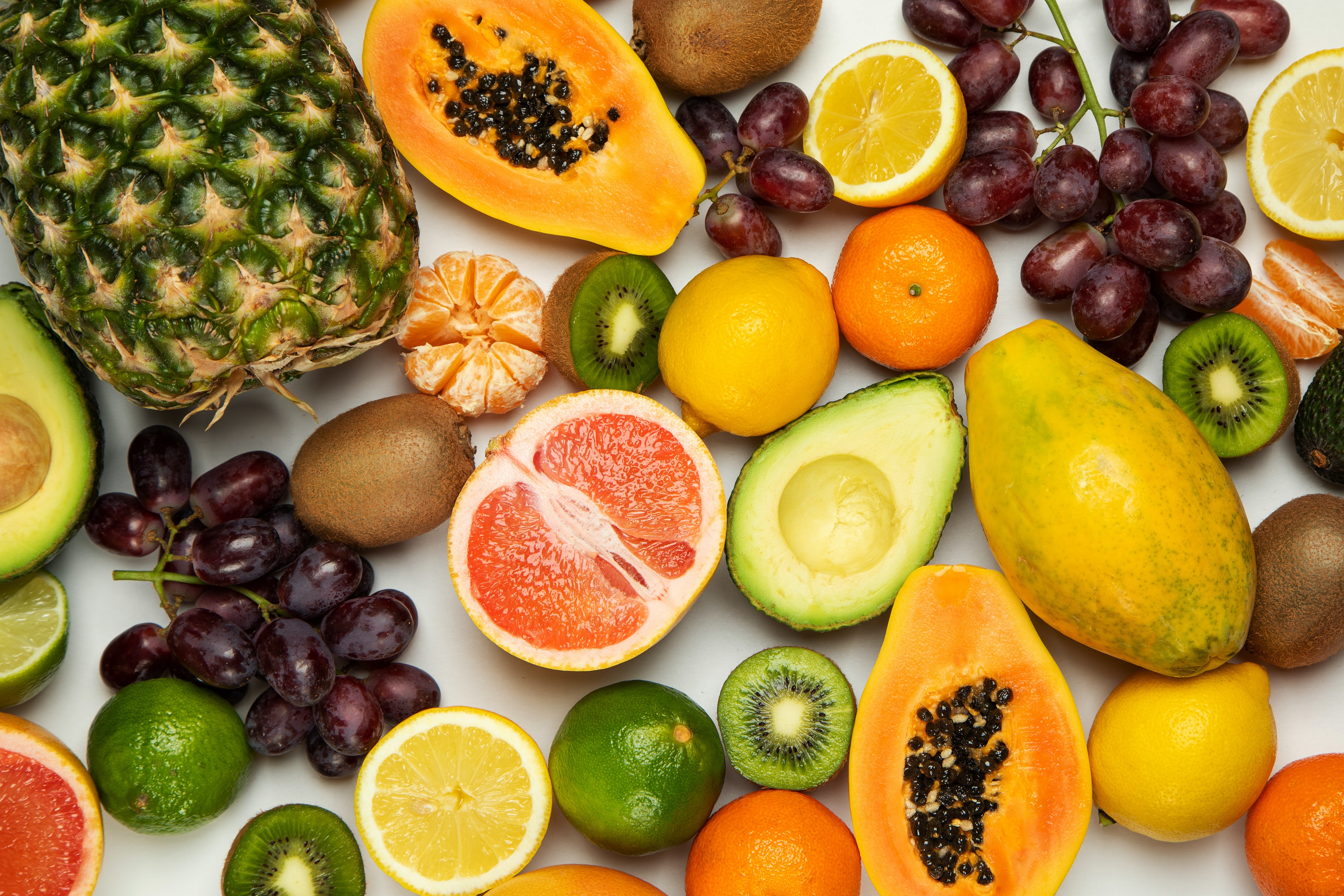
Fruit
Though fruits are generally higher in carbohydrates, incorporating fruit into a vegan and keto diet in moderation is healthy. Avocado, a high-fat, low-carb fruit, is popular in keto circles and is naturally vegan.
Berries like raspberries and blackberries are good options consumed in limited amounts. They contain fewer net carbs than other fruits.
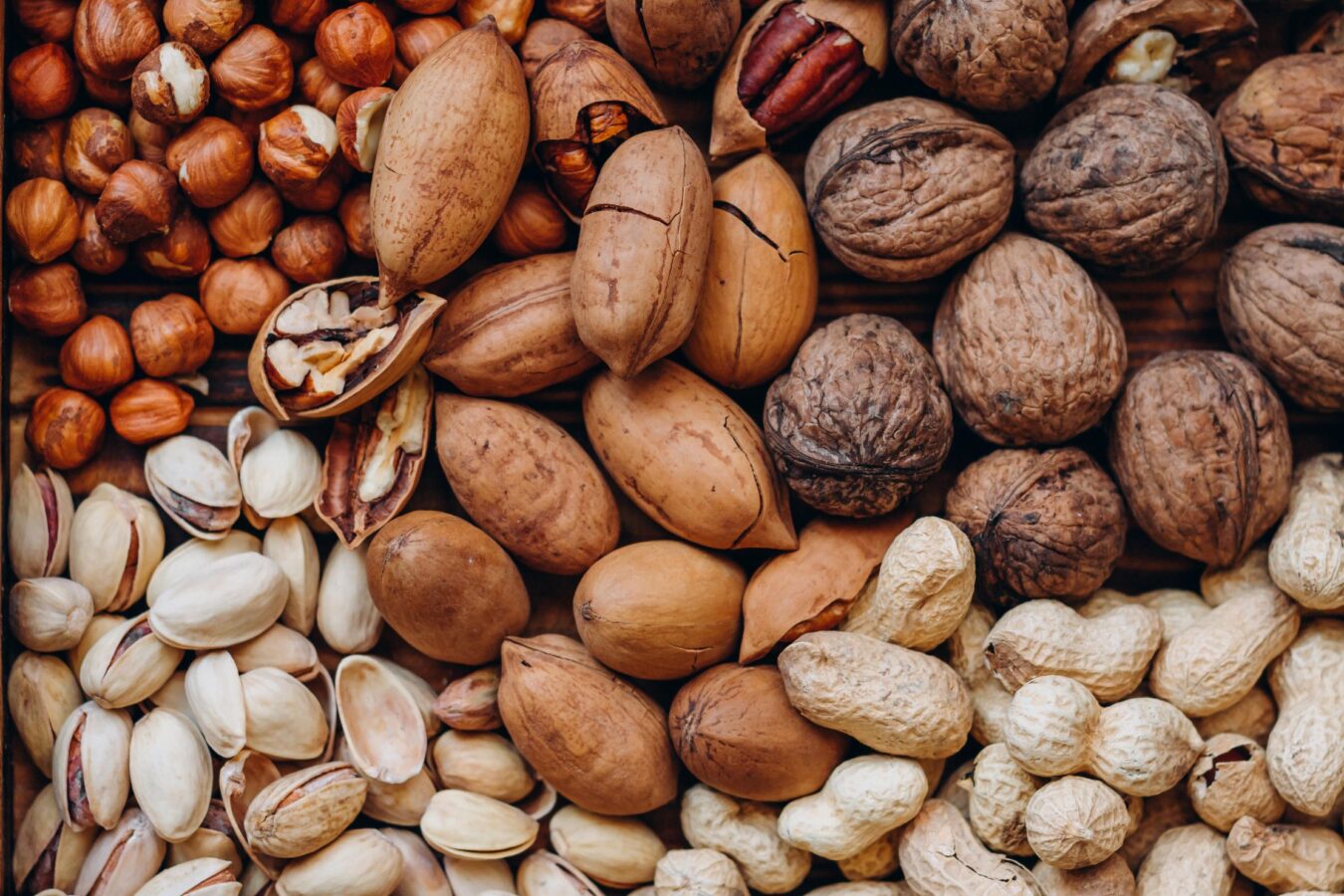
Nuts & Seeds
Nuts and seeds are healthy food categories overlapping vegan and keto diets. They provide a good source of protein for vegans and are high in healthy fats, a cornerstone of the keto diet.
Examples include almonds, walnuts, and chia seeds, incorporated into meals and recipes or consumed as snacks.

Oils
Plant-based oils are an essential source of healthy fats for diets. They’re rich in monounsaturated and polyunsaturated fats and provide numerous health benefits and heart health. Olive oil is a staple for healthy diets. Other options like avocado and coconut oil are popular for cooking and dressing.
By focusing on overlapping foods, adherents of either diet can enjoy a diverse, nutrient-dense menu without straying from their chosen path. The most important thing is to be mindful of portion sizes and macronutrient ratios to meet your specific dietary and health goals.
Understanding Keto Diets
The ketogenic diet, commonly known as the keto diet, depends on a low-carbohydrate, high-fat, moderate-protein diet designed to put the body into a metabolic state known as ketosis. It’s successful for weight loss and may provide potential health benefits, like blood glucose control and improved heart health.
Common Keto Diet Foods
- Oils: Common oils used in keto diets include coconut oil, avocado oil, and olive oil, rich sources of healthy fats.
- Meat: Virtually all meats are acceptable on the keto diet. Keto includes beef, pork, poultry, and fatty fish like salmon.
- Eggs: All eggs are acceptable on the keto diet, whether boiled, scrambled, or fried, and are a good source of protein and fats.
- Dairy: Not all dairy is acceptable in keto, but high-fat dairy products like full-fat Greek yogurt, heavy cream, and cheeses are part of the keto diet.
- Low-Carb Vegetables: Low-carb vegetables like leafy greens (spinach, kale), cruciferous vegetables (broccoli, cauliflower), and others like zucchini and bell peppers are staples.
- Fruit: Most fruits contain high sugar content, but strawberries, raspberries, and blackberries are good options in moderation.
- Nuts and Seeds: While most nuts and seeds are acceptable on the keto diet, the carb content means consuming almonds, walnuts, and chia seeds in moderation.
Understanding the foods commonly consumed in a keto diet allows you to make informed choices. Combining vegan principles or following a standard keto diet may be right for healthier eating habits. Consult healthcare professionals before making significant dietary changes, especially if you have any existing medical conditions.
Vegan Foods That Are Not Keto
Despite the overlap between vegan and keto diets, there are also differences—particularly in carbohydrate-rich foods. Understanding these distinctions benefits anyone considering combining elements from both eating plans.
Carbohydrate-Rich Foods
Carbohydrate-rich foods like whole grains, legumes, and certain fruits and vegetables are paramount in a vegan diet for their rich nutrient profiles of essential nutrients and dietary fiber.
These foods provide the body with the necessary energy and contribute to a healthy gut microbiome and overall health. However, these foods don’t work in a keto diet. Keto diet plans minimize carbohydrate intake to trigger ketosis.
In ketosis, the body burns fat for fuel instead of carbohydrates. Therefore, high-carb foods are not part of a keto diet.
Moreover, the keto diet emphasizes high-fat and moderate-protein intake from animal products, oils, and low-carb vegetables. This approach differs from vegans’ plant-based, often high-carb, dietary sources.
The significant differences in dietary guidelines become evident as to why combining the two diets or switching from one to the other is complicated. While highly beneficial in a vegan diet, carbohydrate-rich foods become problematic when following keto dietary guidelines, which limit carb intake to about 5-10% of total calories.
When choosing or merging these popular diets, it’s essential to carefully consider your health goals, nutritional needs, and personal preferences. Consulting healthcare professionals for personalized advice that aligns with a medical condition helps improve the overall results.
Understanding Vegan Diets
A vegan diet excludes all animal products, including meat, dairy, and eggs. The focus is on plant-based foods that provide essential nutrients, fiber, and antioxidants.
Vegans choose this diet for ethical reasons, environmental considerations, and health benefits, including a lower risk of heart disease, high blood pressure, and certain types of cancer.
Further, there are substantial differences between vegan and vegetarian diets. Vegans avoid all animal-related food and products like honey and lanolin. Vegetarians avoid meat but may consume dairy.
Common Vegan Foods
- Vegetables: All vegetables are acceptable on a vegan diet.
- Fruits: All fruits are acceptable on a vegan diet.
- Legumes: Examples include beans, lentils, chickpeas, and peas.
- Nuts & Seeds: Almonds, walnuts, cashews, chia seeds, and flaxseeds are just a few examples.
- Grains: Quinoa, rice, oats, buckwheat, and sorghum are excellent grain sources.
- Plant-based Proteins: Tofu, tempeh, seitan, and legumes are protein alternatives.
- Plant-based Milk: Almond milk, soy milk, and oat milk are popular plant-based substitutes for dairy milk.
- Plant-based Oils: Olive, avocado, and coconut are vegan-friendly oils.
- Herbs & Spices: All herbs and spices are acceptable, along with flavor enhancers like nutritional yeast, soy sauce, and vinegar.
Can a Vegan Diet Be Keto?
Yes, a vegan diet can be adapted to be keto-friendly, although it requires careful planning to meet nutritional needs while keeping carb intake low. Combining a vegan and keto diet is known as a vegan keto diet, focusing on plant-based, high-fat, and low-carb foods.
Keto Foods That Are Not Vegan
In a ketogenic diet, the emphasis is on high-fat, moderate-protein, and low-carbohydrate foods. Many foods in this profile are animal-based and, therefore, unsuitable for vegans.
Here are the major categories of keto-friendly foods that are not vegan.
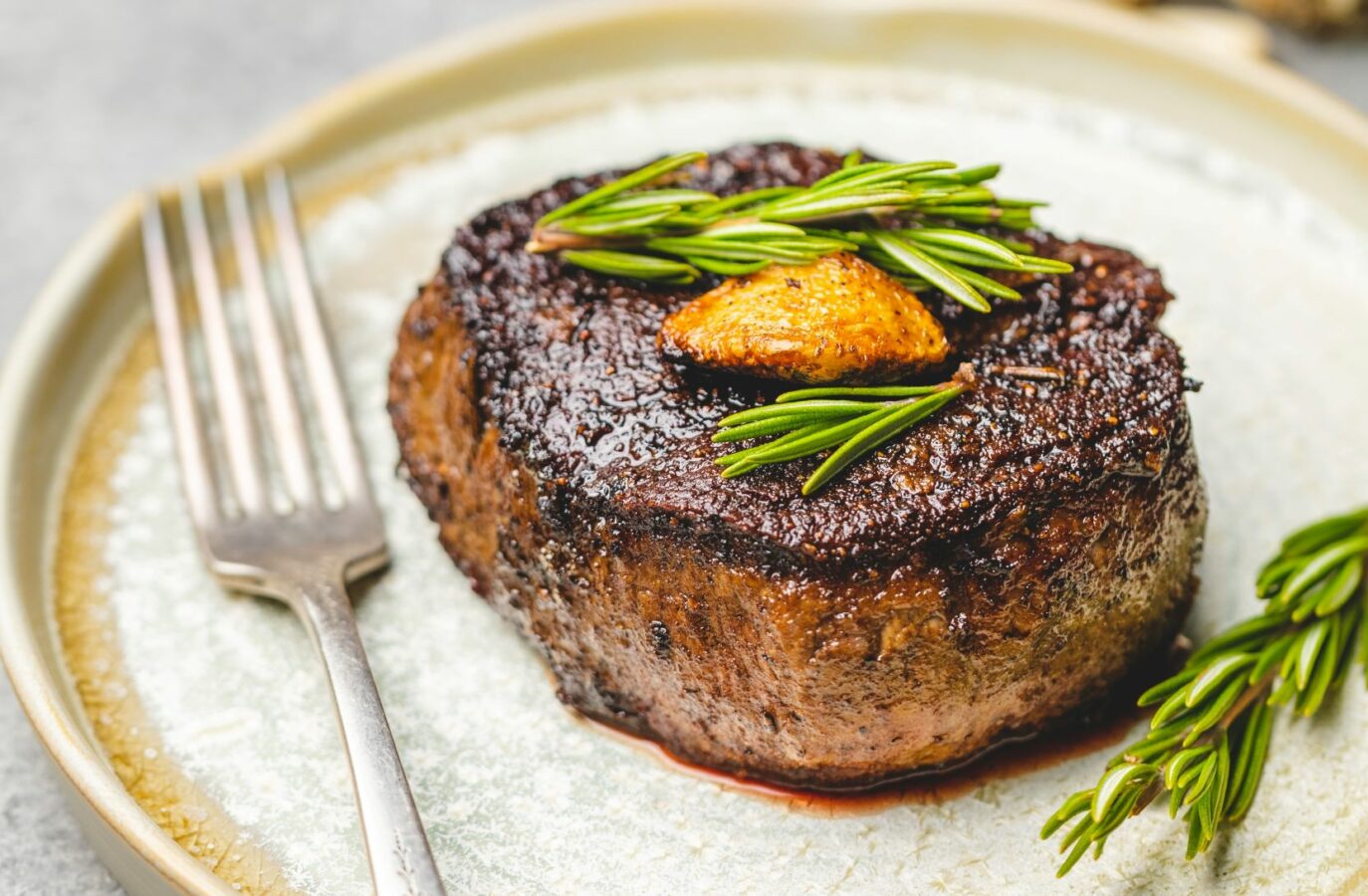
Meat
Meat is a staple in the keto diet because it’s high in protein and fats but low in carbohydrates. It achieves the required fat intake to enter a ketosis state, where the body burns fat instead of carbohydrates.
Vegans avoid meat for ethical reasons, environmental concerns, or health benefits. A vegan keto diet relies on choosing plant-based protein recipes instead.
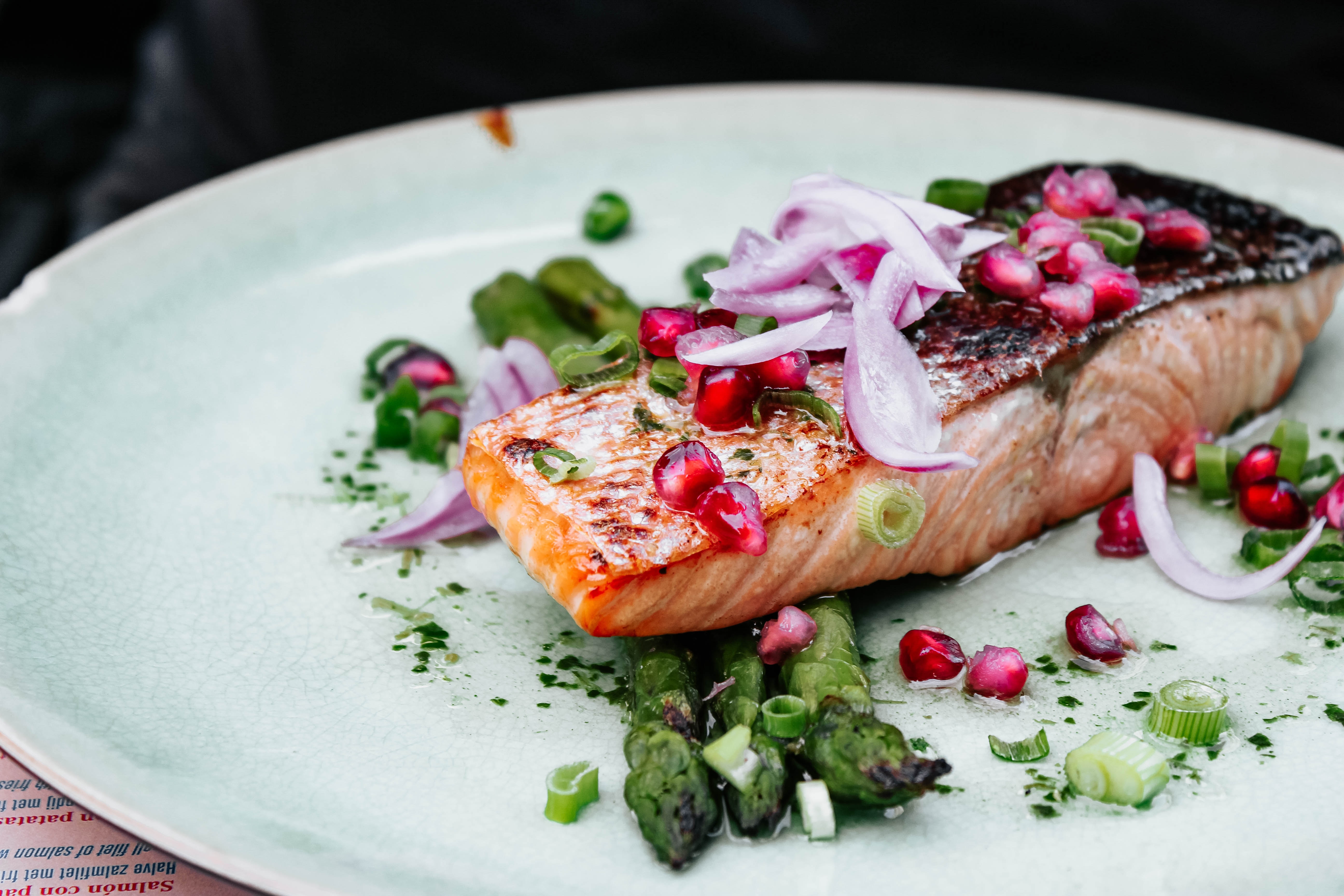
Fish & Seafood
Fish and seafood are popular for keto diets because they are high in healthy fats like omega-3 fatty acids. Like meat, they also contain no carbohydrates.
Vegans abstain from consuming fish and seafood for ethical considerations related to animal welfare and concerns about overfishing. Ocean pollution also influences fish contamination.
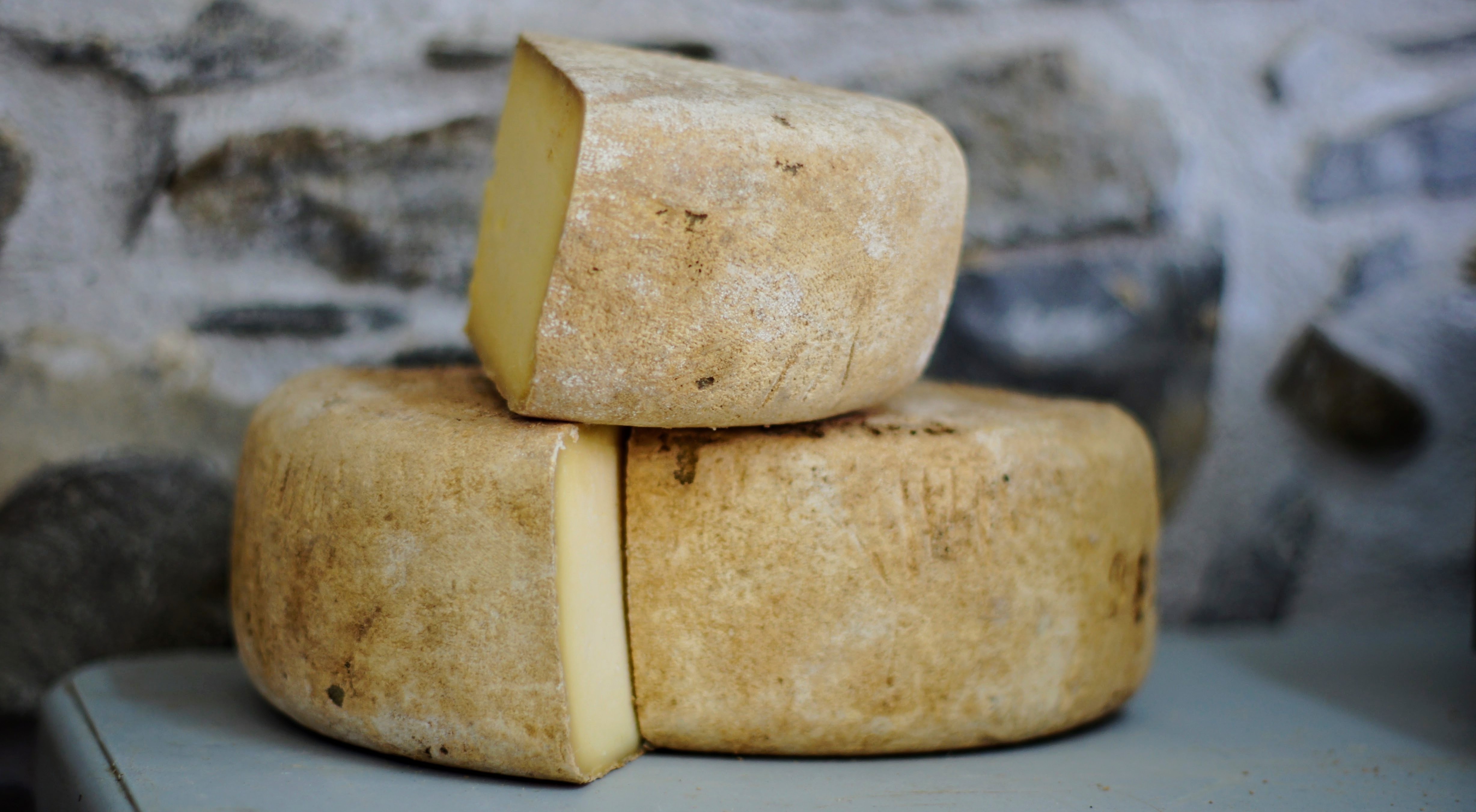
Dairy Products
Dairy products like cheese, butter, and heavy cream are high in fats and moderate in protein, making them suitable for a ketogenic diet.
However, dairy products are unacceptable in a vegan diet, which excludes all animal products. Vegans use plant-based alternatives like vegan cheese, plant-based milk, and nut butter to replace dairy.
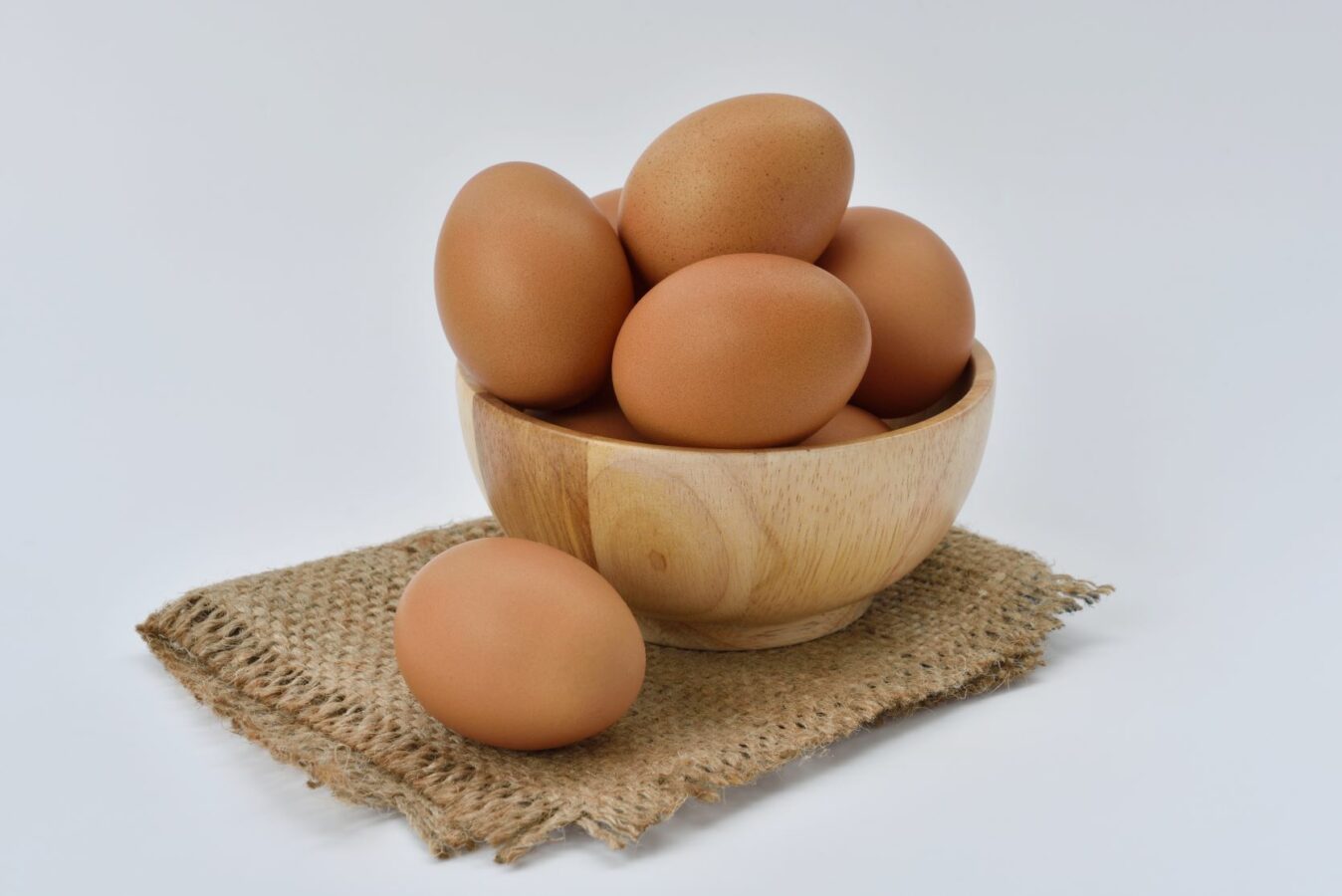
Eggs
Eggs are also a keto-friendly food rich in protein and fats but low in carbohydrates. They are a quick and convenient option for those following a ketogenic diet.
Vegans do not consume eggs for ethical reasons, as they are animal byproducts. Vegans commonly use plant-based substitutes like “flax eggs” or tofu scrambles. Veganism differs from vegetarianism.
By understanding these differences and the foods each diet excludes, people can make better and healthier choices and find a dietary approach that best suits their needs and values.
FAQ
To answer pressing questions about the nuances of vegan and keto diets, here is further clarification in quick answers.
Is a vegan or keto diet healthier?
The healthfulness of a vegan or keto diet can vary depending on individual nutritional needs, food choices, and medical conditions. Both diets promote specific health benefits and potential dietary deficiencies. It’s best to follow the advice of healthcare professionals for personalized advice.
Which diet is more environmentally friendly?
A vegan diet is more environmentally friendly than a keto diet. Some keto diets rely heavily on animal products, which opposes veganism. Plant-based foods require fewer resources like water and land and produce fewer greenhouse gases than animal-based foods.
Can I get enough nutrients on a keto diet?
Yes, getting enough nutrients on a keto diet is possible, but careful planning is essential for optimum results. Due to the restrictive nature of the diet, certain nutrients like fiber and some vitamins may be lacking. Consult a healthcare professional for tailored advice.
Are there any specific health benefits to the vegan diet?
A well-planned vegan diet is high in dietary fiber, vitamins, and phytonutrients and lower in saturated fat. Research suggests that a vegan diet may reduce the risk of heart disease, high blood pressure, and certain types of cancer.
How can I incorporate elements of both diets for a balanced approach?
You could follow a plant-based keto diet that focuses on high-fat, low-carb plant foods to incorporate elements of both diets. A healthy keto-vegan diet includes nuts, seeds, avocados, and leafy greens.
We can’t stress this enough, but consult healthcare professionals and nutrition and diet experts to ensure you meet your nutritional needs regardless of choosing a vegan vs. keto diet.
